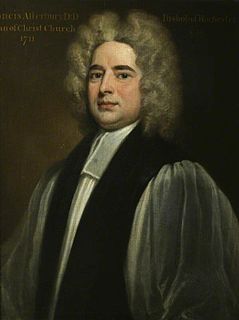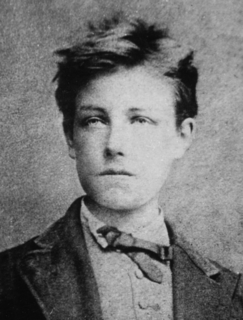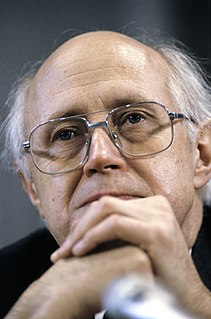A Quote by Bernard Cornwell
Madness ends sometimes. The Gods decree it, not man.
Related Quotes
In the beginning the Gods made man, and fashioned the sky and the sea, And the earth's fair face for man's dwelling-place, and this was the Gods' decree: "Lo, We have given to man five wits: he discerneth folly and sin; He is swift to deride all the world outside, and blind to the world within: So that man may make sport and amuse Us, in battling for phrases or pelf, Now that each may know what forebodeth woe to his neighbor, and not to himself.
Economics is a theoretical science and as such abstains from any judgement of value. It is not its task to tell people what ends they should aim at. It is a science of the means to be applied for attainment of ends chosen, not, to be sure, a science of the choosing of ends. Ultimate decisions, the valuations and the choosing of ends, are beyond the scope of any science. Science never tells a man how he should act; it merely shows how a man must act if he wants to attain definite ends.
An irreligious man is not one who denies the gods of the majority, but one who applies to the gods the opinions of the majority. For what most men say about the gods are not ideas derived from sensation, but false opinions, according to which the greatest evils come to the wicked, and the greatest blessings come to the good from the gods.
When God calls a man, He does not repent of it. God does not, as many friends do, love one day, and hate another; or as princes, who make their subjects favourites, and afterwards throw theminto prison. This is the blessedness of a saint; his condition admits of no alteration. God's call is founded upon His decree, and His decree is immutable. Acts of grace cannot be reversed.God blots out His people's sins, but not their names.





































